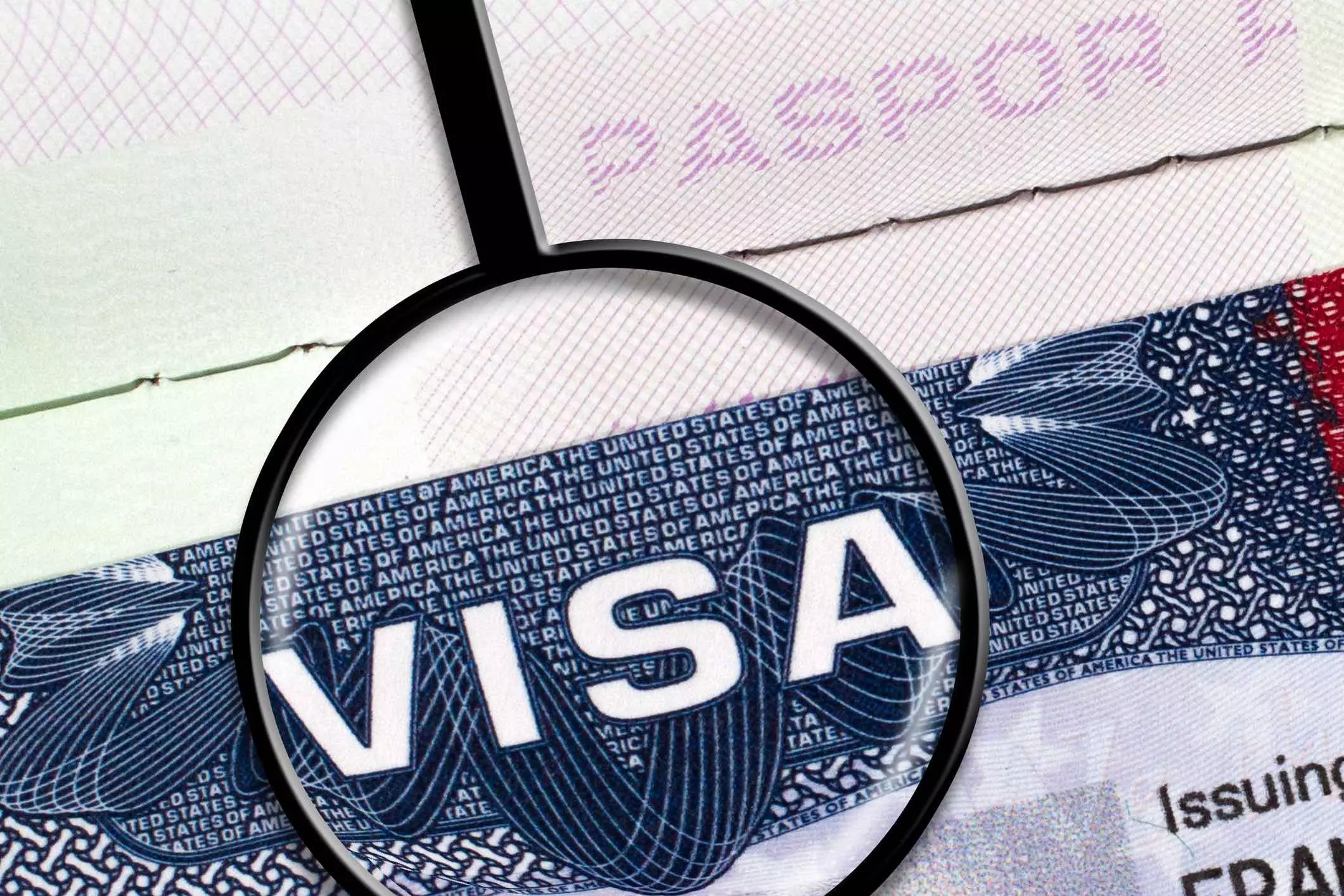
China lodges protest over 'unreasonable' student visa ban by US
An official statement from the US State Department also said that the ban extends to students from Hong Kong as well

China has lodged a formal protest over the United States' recent decision to revoke all visas of Chinese students.
In its first reaction to the Donald Trump administration's decision, the Chinese foreign ministry has spoken up against the US decision to revoke visas.
“The US has unreasonably cancelled Chinese students' visas under the pretext of ideology and national rights. China firmly opposes this and has lodged representations with the US,” foreign ministry spokeswoman Mao Ning said.
Also read: Harvard holds commencement amid Trump funding cuts, threats to international students
She added that Beijing hopes the US “can do more that is conducive to healthy development of China-US relations.”
"This political and discriminatory action exposes the lies of freedom and openness that the US has consistently touted and will only further damage the US’ international image and credibility," Mao said.
What is the issue?
This issue began when, on Thursday (May 29), US Secretary of State Marco Rubio announced that the US government will be revoking all visas of Chinese students in the US with immediate effect, singling out especially those with "connections to the Chinese Communist Party or studying in critical fields".
The official statement from the US State Department also added that the ban extends to students from Hong Kong as well.
Also read: US to ban visas for foreign officials who censor Americans online
Furthermore, the US stated it would also "revise visa criteria to enhance scrutiny of all future visa applications from the People’s Republic of China and Hong Kong."
'Stop scheduling visa interviews'
This follows Rubio's Monday (May 26) order that told US embassies around the world to stop scheduling appointments for student visas as the state department prepares to expand social media vetting and further stringent examination of such applicants.
Both these moves were heavily opposed by China.
Also read: US stops scheduling visa interviews for foreign students as it expands social media vetting
Chinese students hold the second-largest share of international students in the US, right behind India.
As per a report published by the State Department in 2024, of the 1.1 million international students enrolled in the US, over 277,000 students came from China, whereas India had around 331,000 students. This decision has put all their lives and education in jeopardy, as students fear deportation before any coherent solution to the issue.
Visas cancelled for skipping classes
Just a few days ago, the US government announced that by skipping classes or dropping out of courses, international students in the country could risk the cancellation of their visa and be deported.
“If you drop out, skip classes, or leave your program of study without informing your school, your student visa may be revoked, and you may lose eligibility for future U.S. visas. Always adhere to the terms of your visa and maintain your student status to avoid any issues,” reads the official statement.
Also read: No skipping classes for Indian students in the US; they may lose visa
Amid the mass deportation drive ordered by US President Donald Trump, several colleges in the US warned international students against travelling outside of the US in order to eliminate the risk of their visa cancellation.
Increasing tensions
Earlier this month, US Immigration and Customs Enforcement (ICE) had also issued warning to international students on Optional Practical Training (OPT) visas in the US, stating that if they fail to report their employment within 90 days of starting their OPT, their legal status in the Student and Exchange Visitor Information System (SEVIS) would be cancelled.
US-China ties have been in a delicate state since the Joe Biden administration.
Also read: ‘US visa not your entitlement’: Marco Rubio’s stern message to pro-Palestine activists
However, with Trump's taking over as President, his hiked tariffs against Beijing caused tensions to escalate.
Deportation and permanent ban
Furthermore, the US Embassy in India had also issued a warning for Indian immigrants earlier this month and warned them of deportation.
"If you remain in the United States beyond your authorized period of stay, you could be deported and could face a permanent ban on traveling to the United States in the future," read an announcement from the US State Department on X (formerly Twitter).
Also read: New US immigration rules in place; apply to Green Card, H-1B visa holders too
The Trump Administration has pushed for several colleges to come "into line" with the government agenda, asking for them to tighten their selection criteria regarding International students.
It has also frozen hundreds of millions of dollars in funding for universities. The president sees some of America's most elite institutions, such as Harvard, as too liberal and accuses them of failing to combat antisemitism on campus.
Harvard vs Trump
Many US universities rely on foreign students for a significant chunk of their funding, as those scholars often pay higher tuition fees.
Last week, a judge temporarily blocked the Trump administration's attempt to strip Harvard of its ability to enroll international students, saying that it was "unconstitutional".
The ruling came after America's oldest university filed a lawsuit against the administration. The White House accused the judge hearing the case of having a "liberal agenda".
Also read: Harvard sues Trump administration over ban on enrolling foreign students
On Wednesday (May 28), Harvard said in a court filing that revoking its certification to host international students could inflict irreparable harm on the university.
In a declaration filed with the court motion, Harvard International Office director Maureen Martin said the move was causing "significant emotional distress" for students and scholars. She wrote that students were skipping graduation ceremonies, cancelling international travel, and in some cases seeking transfer to other colleges.

